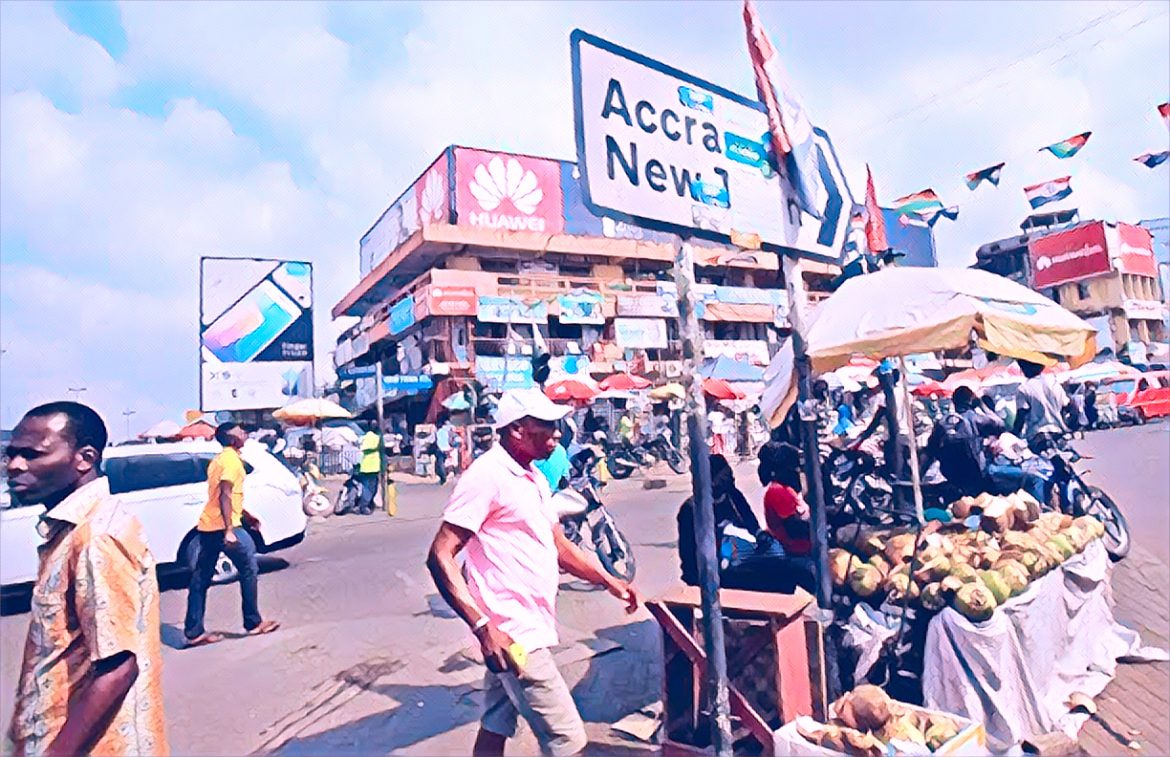Ghana’s efforts to restructure $13 billion in international bonds met with resistance, causing significant delays in the country’s economic recovery plans. Despite ongoing negotiations, the West African nation has been unable to finalize a deal that aligns with the International Monetary Fund’s (IMF) debt sustainability requirements, according to a government statement released on Monday.
The setback occurred as the IMF indicated that the proposed terms of the agreement did not meet its guidelines for debt sustainability, prompting Ghana to pause formal discussions. “We will regroup to continue negotiations until we reach a deal that is consistent with IMF debt sustainability targets,” stated the office of Finance Minister Mohammed Amin Adam. This development came after an initial agreement was reached with bondholders but required further adjustments to comply with the IMF’s standards.
Ghana, which is the world’s second-largest cocoa producer, had been engaging with two distinct groups of bondholders. One group consists of Western asset managers and hedge funds, and the other comprises regional African banks. The latter group expressed concerns about some of the restructuring terms, particularly the option to extend bond maturities while reducing the interest rates without cutting the principal amount owed.
The financial strain on Ghana intensified when it defaulted on most of its $30 billion external debt in December 2022 amidst a deepening economic crisis. However, recent signs of economic recovery have been promising, with the country achieving a growth rate of 2.9% in 2023, surpassing the IMF’s earlier forecast of 2.3%. On the market front, the uncertainty surrounding the debt restructuring caused Ghana’s eurobonds to drop in value, with prices fluctuating between 46 and 48 cents on the dollar according to recent Tradeweb data. Despite these challenges, Samuel Sule, CEO of Renaissance Capital Africa and financial advisor to the regional bondholder group, remains optimistic. He indicated that a resolution might be possible before year-end, given the Ghanaian economy’s better-than-expected performance.
The IMF has been closely involved in the process, approving a $3 billion, three-year loan program for Ghana in May 2023. This financial support is contingent on the government implementing economic reforms and achieving a sustainable debt restructuring agreement. Following the IMF’s first review of this program in January, it was determined that the proposed bondholder agreement did not align with the program’s parameters. However, IMF staff has concluded their second review and are awaiting final approval from the fund’s executive board.
Amidst these developments, the international bondholder committee remains engaged, with advisors indicating that restructuring discussions are set to continue this week. Ghana is part of the G20 Common Framework, established during the COVID-19 pandemic to expedite debt restructuring for distressed countries. However, progress has been sluggish, impacting not only Ghana but also other nations like Zambia and Ethiopia, which are struggling under similar frameworks. This slow pace hampers their economic recovery and limits access to essential international financing, aid, and investment.
In a recent briefing, IMF’s Ghana mission chief Stephane Roudet emphasized the importance of continued progress in the debt negotiation talks. Ghana aims to reduce its external debt repayments and interest costs by $10.5 billion from 2023 to 2026 and reached a preliminary agreement in January to restructure $5.4 billion of loans with official creditors.
The proposed terms to bondholders included several options, such as issuing three new bonds with maturities spread from 2030 to 2038, offering lower interest rates initially and a higher rate post-2027. Another option proposed extending bond maturities to 2043 with a reduced coupon rate of 1.5%, alongside issuing a new bond to cover accrued past due interest, effectively implementing a 33% reduction in nominal value.





2 comments
Your article helped me a lot, is there any more related content? Thanks!
Can you be more specific about the content of your article? After reading it, I still have some doubts. Hope you can help me.